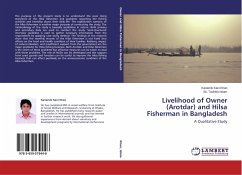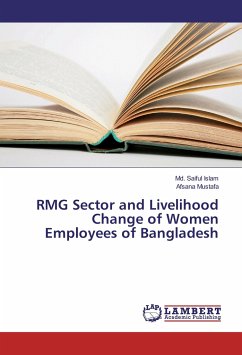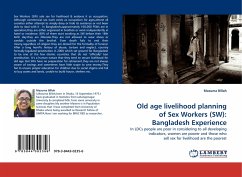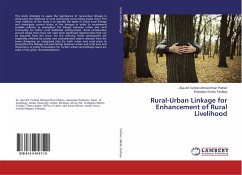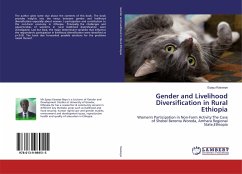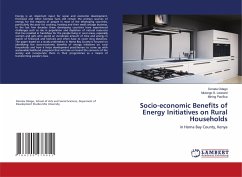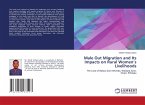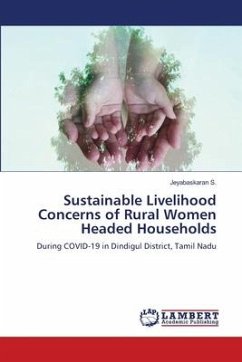The purpose of the present study is to understand the poor living standards of the Hilsa fishermen and problems regarding the fishing activities and hardship about their daily life. The exploitation scenario of the Hilsa fishermen is another major purpose of conducting the study. The methodology of the study is basically qualitative in nature. Both primary and secondary data are used to conduct the study. Semi-structured interview guideline is used to gather necessary information from the respondents by applying case study method. The findings of the research show that the monthly income of the Hilsa fishermen is not fixed that affects on the food and health condition of their families. Robbery, impact of natural disasters, and insufficient support from the government are the major problems for Hilsa fishing business. Both Arotdar and Hilsa fishermen is the victim of these problems but effective measures can be taken to deal with these problems. The role of NGOs can be developed and the support from coast guards and foresters can be useful to improve the Hilsa fishing business that can affect positively on the socioeconomic condition of the Hilsa fishermen.
Bitte wählen Sie Ihr Anliegen aus.
Rechnungen
Retourenschein anfordern
Bestellstatus
Storno

